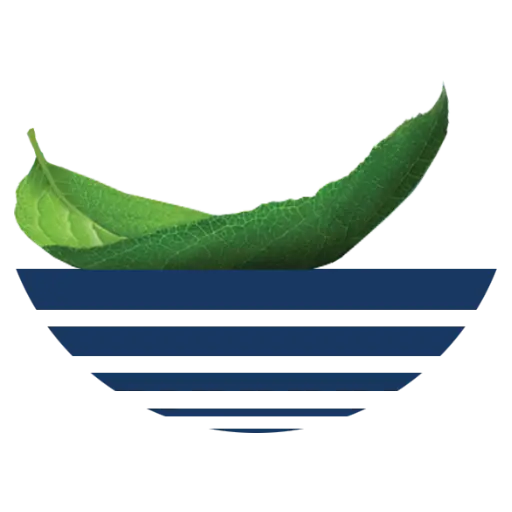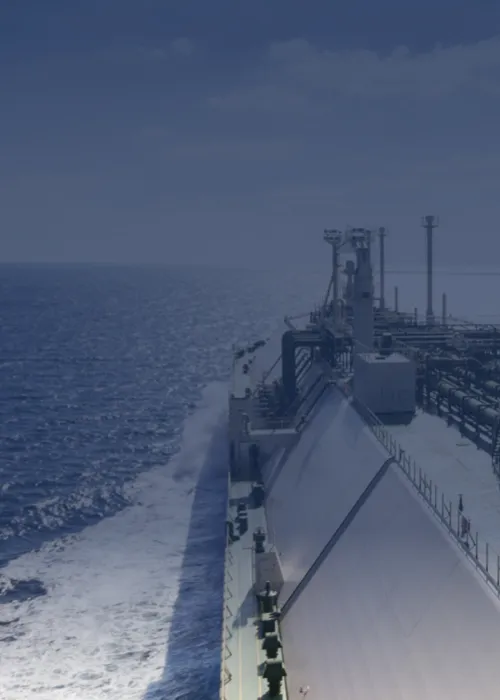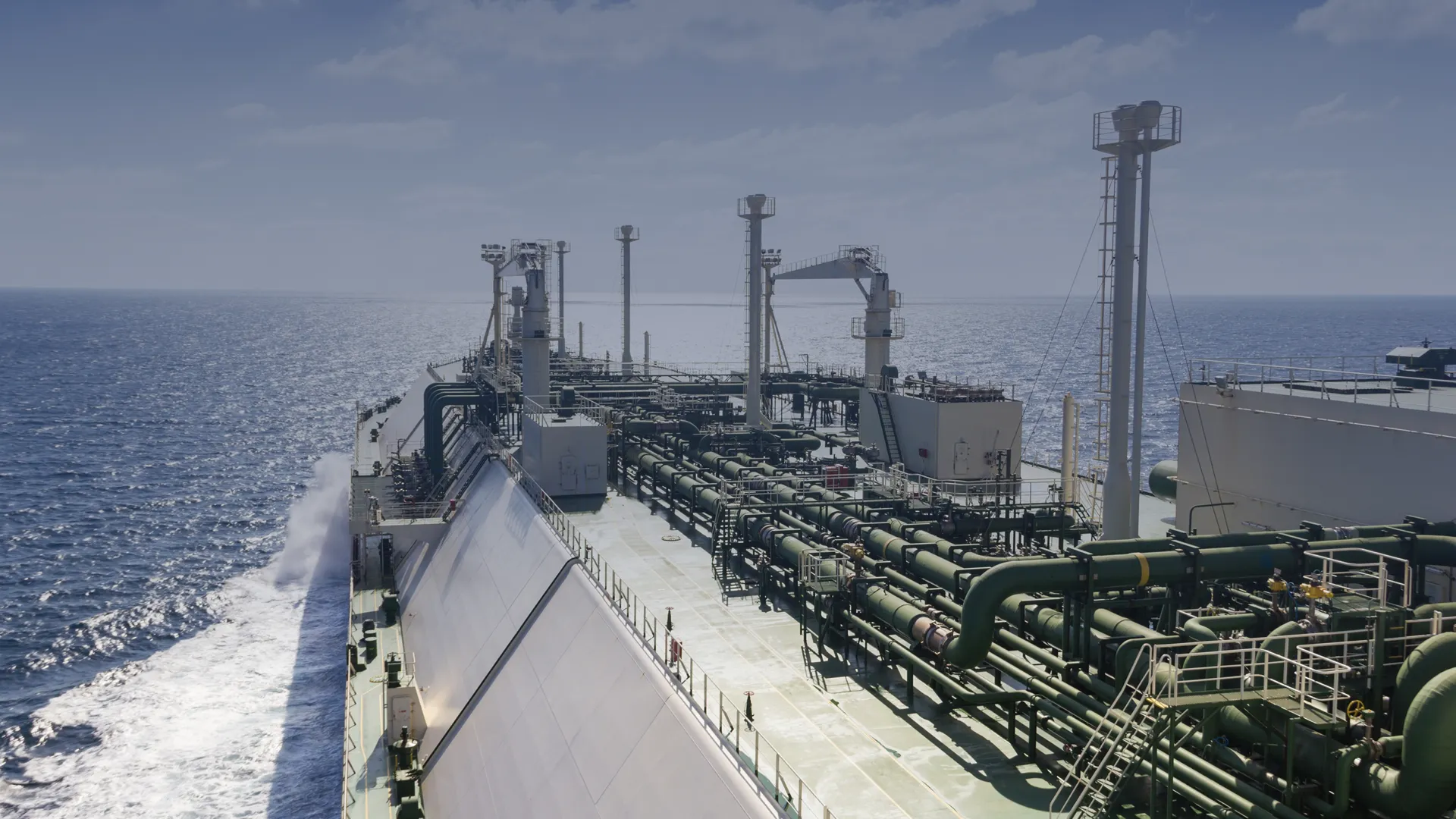
Services for the Maritime Industry
Our services, either independently or in collaboration with our partners, are tailored to enhance efficiency, sustainability, and safety within the maritime industry.

Services for the Maritime Industry
Our services, either independently or in collaboration with our partners, are tailored to enhance efficiency, sustainability, and safety within the maritime industry. This involves providing guidance and advice on developing a roadmap towards emission-free and climate-neutral sailing, maritime compliance services, CFD simulations, propulsion engineering, as well as expertise in foil propulsion and CFD aerodynamics.

Roadmap
The challenge of the future energy carrier for shipping is not only extremely complex but also requires a thorough analysis for each situation. Additionally, implementing the right energy-saving and emission-reducing technologies demands both short and long-term vision, as well as the ability to make future-oriented decisions.
Our role is to guide and advise you in creating a robust roadmap towards emission-free and climate-neutral shipping. We aim to future-proof your existing fleet and prepare your new ship designs with practical and feasible solutions.
Maritime Compliance
Using maritime compliance services ensures that your vessel and company remain fully aligned with the latest environmental legislation. Expert support is available to assist in creating your SEEMP, calculating and improving your ship’s EEXI and CII values. Moreover, these services simplify your ESG reporting, conduct Life Cycle Assessments (LCAs), manage chemicals, and maintain the Inventory of Hazardous Materials (IHM).
CFD Simulations
Conducting CFD simulations can significantly improve the energy efficiency of your ship. This enables not only the analysis of hydrodynamic performance but also the optimization of the propulsion system. Additionally, exploring innovative energy-saving solutions can further improve the energy efficiency of your vessel.
Propulsion Engineering
The services in the field of propulsion engineering include a wide range of solutions to improve the performance, safety, and efficiency of your ship. These include reverse engineering, seakeeping simulations, evaluations of maneuverability and Dynamic Positioning (DP), as well as sound and vibration measurements onboard your ship. In addition, technical calculations can be provided for ice and shock resistance.
Foil Propulsion
Foil propulsion is a technology that involves attaching wing-like or fin-shaped components underneath a ship to generate lift, causing the ship’s hull to rise above the water, minimizing resistance, providing stability, and enabling higher speeds and improved fuel efficiency.
Expertise in hydrodynamics and ship propulsion systems can help in the development and implementation of this technology.
CFD Aerodynamics
Where CFD hydrodynamics services are aimed at simulating and analyzing water flows around and beneath ships, CFD aerodynamics services focus on modeling and analyzing various airflows. This includes optimizing air circulation in HVAC systems, improving wind conditions for safe helicopter operations, examining exhaust emissions in various scenarios, and analyzing smoke dispersion in relation to safety and operational capabilities.
Roadmap
The challenge of the future energy carrier for shipping is not only extremely complex but also requires a thorough analysis for each situation. Additionally, implementing the right energy-saving and emission-reducing technologies demands both short and long-term vision, as well as the ability to make future-oriented decisions. Our role is to guide and advise you in creating a robust roadmap towards emission-free and climate-neutral shipping. We aim to future-proof your existing fleet and prepare your new ship designs with practical and feasible solutions.
Maritime Compliance
Using maritime compliance services ensures that your vessel and company remain fully aligned with the latest environmental legislation. Expert support is available to assist in creating your SEEMP, calculating and improving your ship’s EEXI and CII values. Moreover, these services simplify your ESG reporting, conduct Life Cycle Assessments (LCAs), manage chemicals, and maintain the Inventory of Hazardous Materials (IHM).
CFD Simulations
Conducting CFD simulations can significantly improve the energy efficiency of your ship. This enables not only the analysis of hydrodynamic performance but also the optimization of the propulsion system. Additionally, exploring innovative energy-saving solutions can further improve the energy efficiency of your vessel.
Propulsion Engineering
The services in the field of propulsion engineering include a wide range of solutions to improve the performance, safety, and efficiency of your ship. These include reverse engineering, seakeeping simulations, evaluations of maneuverability and Dynamic Positioning (DP), as well as sound and vibration measurements onboard your ship. In addition, technical calculations can be provided for ice and shock resistance.
Foil Propulsion
Foil propulsion is a technology that involves attaching wing-like or fin-shaped components underneath a ship to generate lift, causing the ship’s hull to rise above the water, minimizing resistance, providing stability, and enabling higher speeds and improved fuel efficiency. Expertise in hydrodynamics and ship propulsion systems can help in the development and implementation of this technology.
CFD Aerodynamics
Where CFD hydrodynamics services are aimed at simulating and analyzing water flows around and beneath ships, CFD aerodynamics services focus on modeling and analyzing various airflows. This includes optimizing air circulation in HVAC systems, improving wind conditions for safe helicopter operations, examining exhaust emissions in various scenarios, and analyzing smoke dispersion in relation to safety and operational capabilities.
